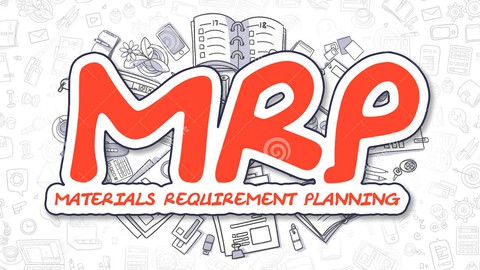Crouchinglee
Dying slowly
Hello Guys,
Ill keep this brief.
I've started a job as something that is new to me but I feel like after being in this position for 4 months now (I did great the first 3 months) but I feel like I am making more mistakes now.
Does any one have any constructive advice on this matter?
I would also like to go forward in life, so I am studying towards a diploma in my current field.
I am studying SCM through Cilts.
Kind regards
L
Ill keep this brief.
I've started a job as something that is new to me but I feel like after being in this position for 4 months now (I did great the first 3 months) but I feel like I am making more mistakes now.
Does any one have any constructive advice on this matter?
I would also like to go forward in life, so I am studying towards a diploma in my current field.
I am studying SCM through Cilts.
Kind regards
L











